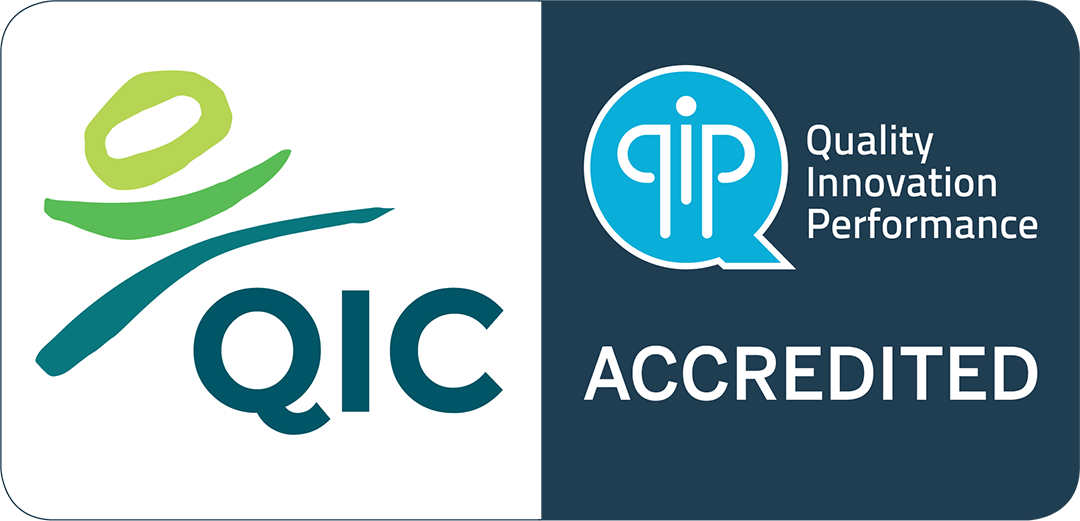Exploring harm reduction at Windana
Care warning: this story discusses overdose.
At Windana, we believe that harm reduction belongs at the core of any truly client-centered response to substance use. We are a strong advocate for embedding evidence-based harm reduction approaches into responses to substance use issues, because they lead to safer behaviour and safer places, and will ultimately save lives. Vasileios Papalexis (Vasili) is Windana’s Harm Reduction Practitioner and explains this crucial aspect of Windana’s service.
“Harm reduction aims to reduce the negative impacts of substance use, primarily for people who use substances or are potentially likely to do so, but also their friends, family and the wider community,” says Vasili.
“Harm reduction strategies typically seek to encourage safer behaviours, safer environmental settings and the use of ‘evidence-based solutions’ as a guide to reduce the harm caused by substances.”
Vasili works with clients in our youth and adult withdrawal services, running groups and individual sessions.
Preventing opioid overdose is of the key topics Vasili focuses on in his sessions. Vasili works with clients, their family members, staff and external partners in accessing and administering Naloxone to reverse opioid overdose.
For clients who use alcohol, Vasili helps reduce harms by having conversations about the risks of drinking while taking other drugs, exploring strategies to avoid drink driving and sharing simple habits that have profound benefits to the body and mind – such as drinking water and eating food.
Regarding cannabis, harm reduction includes decreasing use to lower the risk of mental health concerns and physical dependency. Techniques also look at ways to avoid tobacco dependence (which often occurs when people mix the two) and suggest safer ways of smoking. Safe injecting practices for certain drugs is another important topic.
A core focus of Vasili’s work is educating clients around the danger of mixing substances (known as polysubstance use). This is critically important work when we consider that the Coroners Court of Victoria’s Victorian overdose deaths 2012-2021 report released in August 2022 found that 73.6% of Victoria’s 500 overdose deaths in 2021 involved multiple substances.
Vasili also works with clients around harm reduction principles that apply to all substances – including not using alone and the benefits of taking a break.
When providing harm reduction support, Vasili talks with clients about the substances they use, their journey so far and their goals for the future. He also unpacks social determinants of health such as a client’s living situation, their support networks and their age. This person-centred approach ensures Windana provides harm reduction support that is relevant and effective – through meeting a client wherever they are.
“During our groups, I’m there to prompt the discussions and share some important information,” Vasili says.
“Clients share their experiences and stories – educating and learning from each other.”
Vasili’s role at Windana is designed to ensure that the life-changing techniques of harm reduction gets shared across the organisation and beyond. He provides Community Overdose Prevention Education training and clinical resources to staff across Windana and collaborates with other agencies (Star Health, for example) workshopping strategies and being available for secondary consultations. This is a great example of services working together to chip away at the stigma that prevents people from seeking support, and our society from viewing substance use as a health issue.
Our work in the harm reduction space is an opportunity draw on values and principles fundamental to Windana – such as practicing non-judgement and using evidence-based interventions – to improve quality of life, community safety and ultimately save lives.
Help and information:
24-hour support
Emergencies
PH: 000
Lifeline
PH: 13 11 14
DirectLine (counselling, information and referral service for alcohol or drug-related issues)
PH: 1800 888 236
Family Drug Support Australia
PH: 1300 368 186
Star Health
PH: 03 9525 1300 (8:15am-5pm, Mon-Fri)
Useful resources
How to administer naloxone
Australian Government Department of Health page about when Naloxone should be given to a person, who should give it and how it is given. Learn where to go for help and support if you need it.
Exploring harm reduction at Windana
Care warning: this story discusses overdose.
At Windana, we believe that harm reduction belongs at the core of any truly client-centered response to substance use. We are a strong advocate for embedding evidence-based harm reduction approaches into responses to substance use issues, because they lead to safer behaviour and safer places, and will ultimately save lives. Vasileios Papalexis (Vasili) is Windana’s Harm Reduction Practitioner and explains this crucial aspect of Windana’s service.
“Harm reduction aims to reduce the negative impacts of substance use, primarily for people who use substances or are potentially likely to do so, but also their friends, family and the wider community,” says Vasili.
“Harm reduction strategies typically seek to encourage safer behaviours, safer environmental settings and the use of ‘evidence-based solutions’ as a guide to reduce the harm caused by substances.”
Vasili works with clients in our youth and adult withdrawal services, running groups and individual sessions.
Preventing opioid overdose is of the key topics Vasili focuses on in his sessions. Vasili works with clients, their family members, staff and external partners in accessing and administering Naloxone to reverse opioid overdose.
For clients who use alcohol, Vasili helps reduce harms by having conversations about the risks of drinking while taking other drugs, exploring strategies to avoid drink driving and sharing simple habits that have profound benefits to the body and mind – such as drinking water and eating food.
Regarding cannabis, harm reduction includes decreasing use to lower the risk of mental health concerns and physical dependency. Techniques also look at ways to avoid tobacco dependence (which often occurs when people mix the two) and suggest safer ways of smoking. Safe injecting practices for certain drugs is another important topic.
A core focus of Vasili’s work is educating clients around the danger of mixing substances (known as polysubstance use). This is critically important work when we consider that the Coroners Court of Victoria’s Victorian overdose deaths 2012-2021 report released in August 2022 found that 73.6% of Victoria’s 500 overdose deaths in 2021 involved multiple substances.
Vasili also works with clients around harm reduction principles that apply to all substances – including not using alone and the benefits of taking a break.
When providing harm reduction support, Vasili talks with clients about the substances they use, their journey so far and their goals for the future. He also unpacks social determinants of health such as a client’s living situation, their support networks and their age. This person-centred approach ensures Windana provides harm reduction support that is relevant and effective – through meeting a client wherever they are.
“During our groups, I’m there to prompt the discussions and share some important information,” Vasili says.
“Clients share their experiences and stories – educating and learning from each other.”
Vasili’s role at Windana is designed to ensure that the life-changing techniques of harm reduction gets shared across the organisation and beyond. He provides Community Overdose Prevention Education training and clinical resources to staff across Windana and collaborates with other agencies (Star Health, for example) workshopping strategies and being available for secondary consultations. This is a great example of services working together to chip away at the stigma that prevents people from seeking support, and our society from viewing substance use as a health issue.
Our work in the harm reduction space is an opportunity draw on values and principles fundamental to Windana – such as practicing non-judgement and using evidence-based interventions – to improve quality of life, community safety and ultimately save lives.
Help and information:
24-hour support
Emergencies
PH: 000
Lifeline
PH: 13 11 14
DirectLine (counselling, information and referral service for alcohol or drug-related issues)
PH: 1800 888 236
Family Drug Support Australia
PH: 1300 368 186
Star Health
PH: 03 9525 1300 (8:15am-5pm, Mon-Fri)
Useful resources
How to administer naloxone
Australian Government Department of Health page about when Naloxone should be given to a person, who should give it and how it is given. Learn where to go for help and support if you need it.






